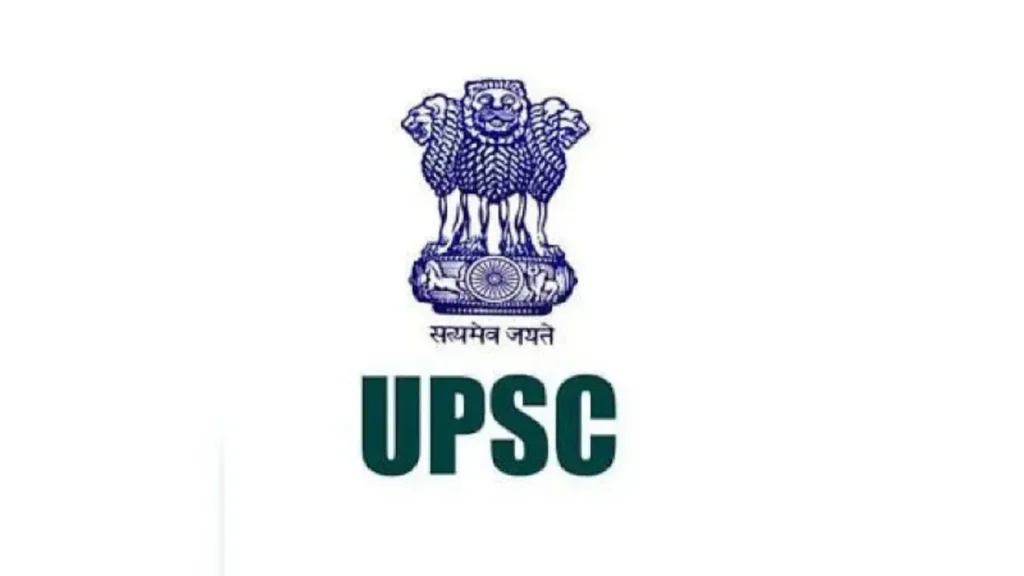In a landmark policy shift, the UPSC will now release provisional answer keys right after the civil services prelims, inviting objections from candidates before results are finalized, ushering in greater transparency in one of India’s toughest examinations.
The Union Public Service Commission (UPSC) has taken a historic step by agreeing to release provisional answer keys immediately after the civil services preliminary examination, marking a dramatic shift in its long-standing stance on exam transparency. The move comes after years of resistance and follows judicial scrutiny, petitions by aspirants, and recommendations from legal experts.
In an affidavit filed before a Supreme Court bench led by Justice P.S. Narasimha, the UPSC said the decision was a “conscious and well-considered” measure to enhance transparency. With more than 500,000 candidates appearing annually and only 12,000-15,000 advancing, the change could significantly impact the selection of India’s future bureaucrats.
Under the new system, the Commission will publish provisional keys and invite representations from candidates, who must back objections with at least three authoritative sources. A panel of subject experts will review the objections before finalising the key. Results will then be declared on the basis of this finalised version. The ultimate answer key will still be published only after the final results are out.
The Supreme Court is currently hearing petitions led by advocate Rajeev Kumar Dubey on behalf of aspirants, who have long argued that UPSC’s opacity deprived them of effective remedies. Senior advocate Kapil Sibal earlier told the court that the lack of timely disclosure frustrated candidates’ rights. The petitioners highlighted that most state public service commissions, along with prestigious institutions like the IITs and IIMs, already release answer keys promptly.
This policy shift, expected to come under judicial consideration again on October 14, aligns with suggestions by amicus curiae Jaideep Gupta, who recommended publishing the key within a day of the exam and allowing a week for objections. The UPSC, which only in May had opposed the idea as “counter-productive,” has now conceded that the change balances fairness, practicality, and transparency.
With this decision, aspirants may finally get a process that is not only more accountable but also more consistent with the standards of India’s top educational and competitive institutions.
Also Read:Is cough syrup turning deadly for children? 12 deaths trigger nationwide alarm

